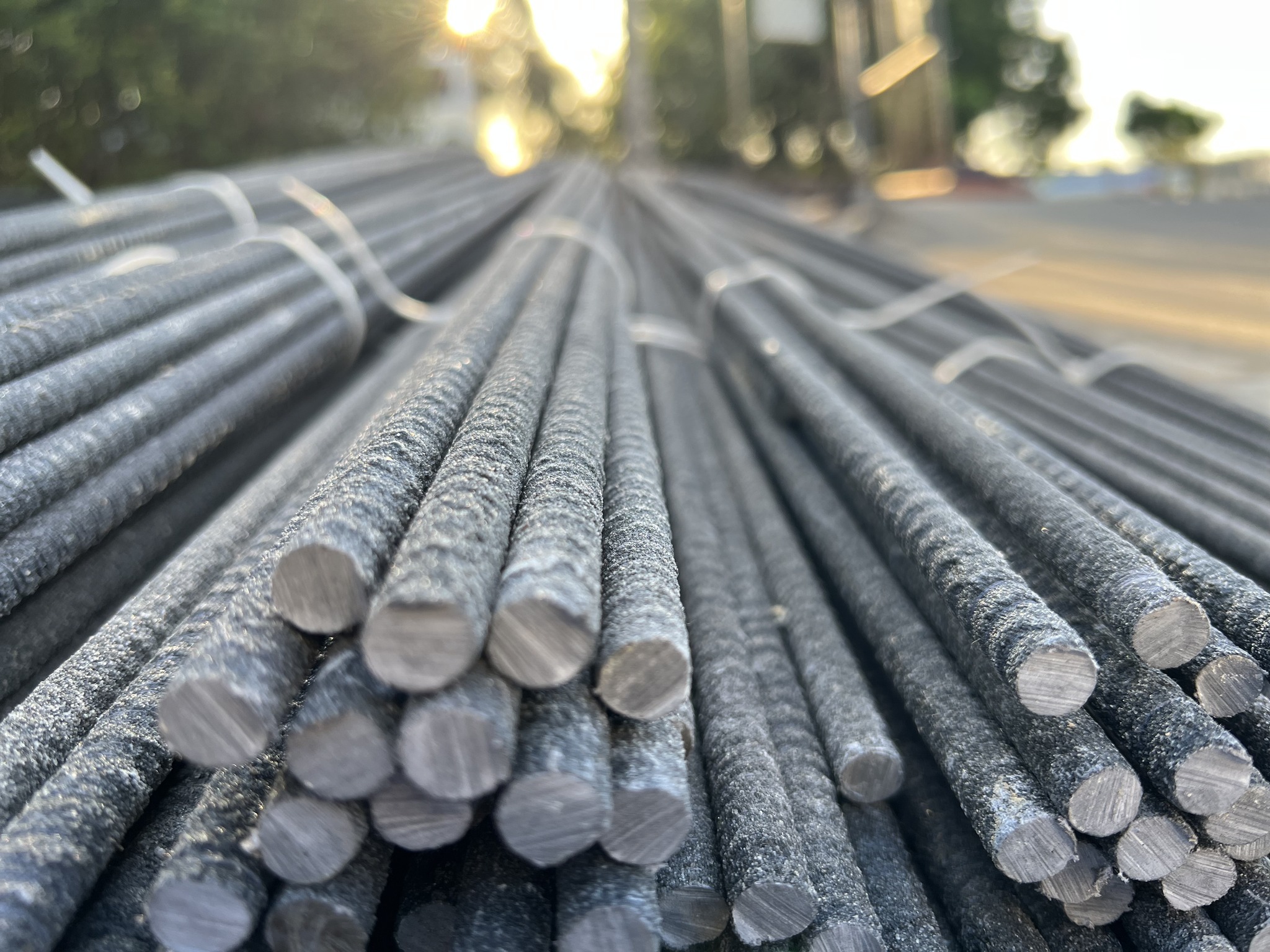
What is Fiberglass Rebar?
The Rust-Free Alternative to Steel
Fiberglass rebar, also known as FRP (Fiber Reinforced Polymer) rebar, is a high-strength, lightweight, corrosion-resistant alternative to traditional steel — ideal for demanding construction environments.
Swiss Composites delivers premium fiberglass rebar engineered to Swiss standards and shipped directly to U.S. and international job sites. Get a tailored quote for your project.
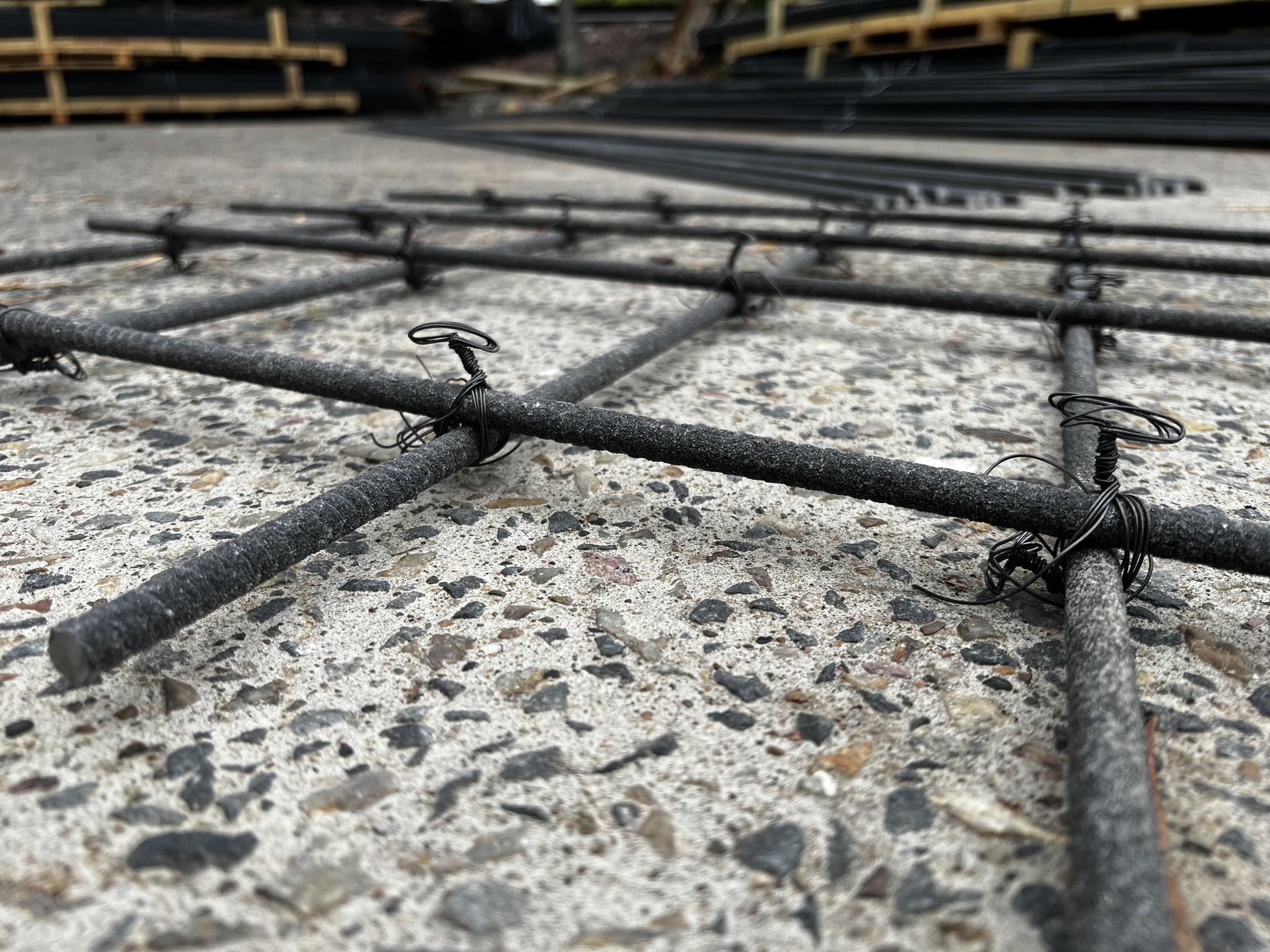
Fiberglass Rebar vs Steel
Long-Term Performance with No Rust
Unlike steel, fiberglass rebar won’t rust, making it a top choice for coastal, industrial, and infrastructure applications. Its light weight simplifies transport and installation, while its non-conductive nature makes it ideal around sensitive equipment.
Whether you're comparing fiberglass rebar vs steel for longevity, corrosion resistance, or total life-cycle cost, fiberglass rebar is the smarter long-term solution.
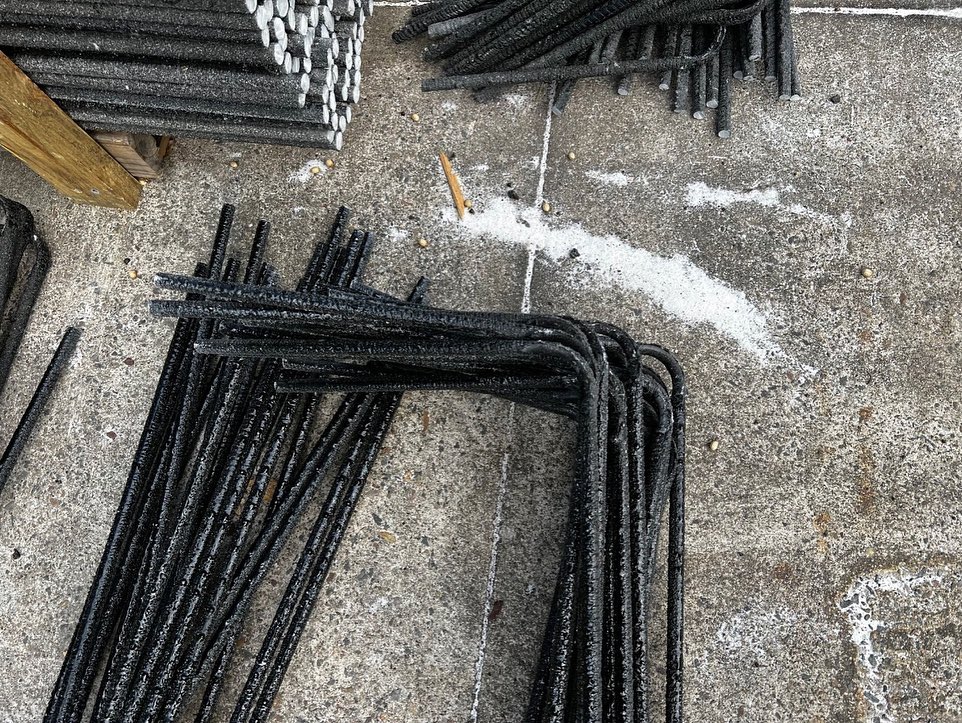
- Non-corrosive — no rust, no spalling
- 4x lighter than steel, easier to handle
- 2x tensile strength of steel
- Non-conductive & non-magnetic
- Meets ACI, ASTM, and Eurocode standards
- Excellent resistance to chloride, moisture, and alkali environments
- No welding required — easy jointing via tie wire or couplers
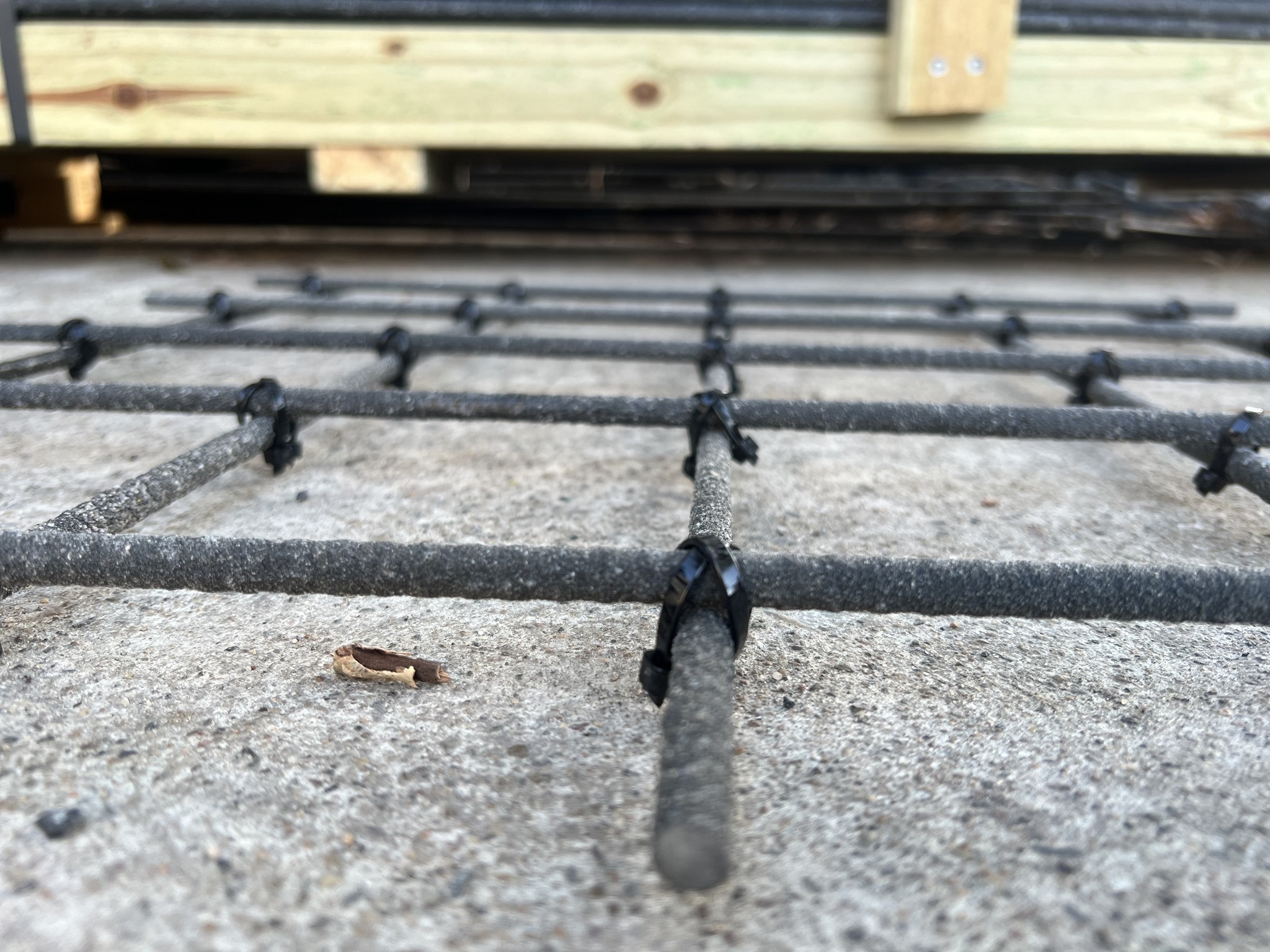
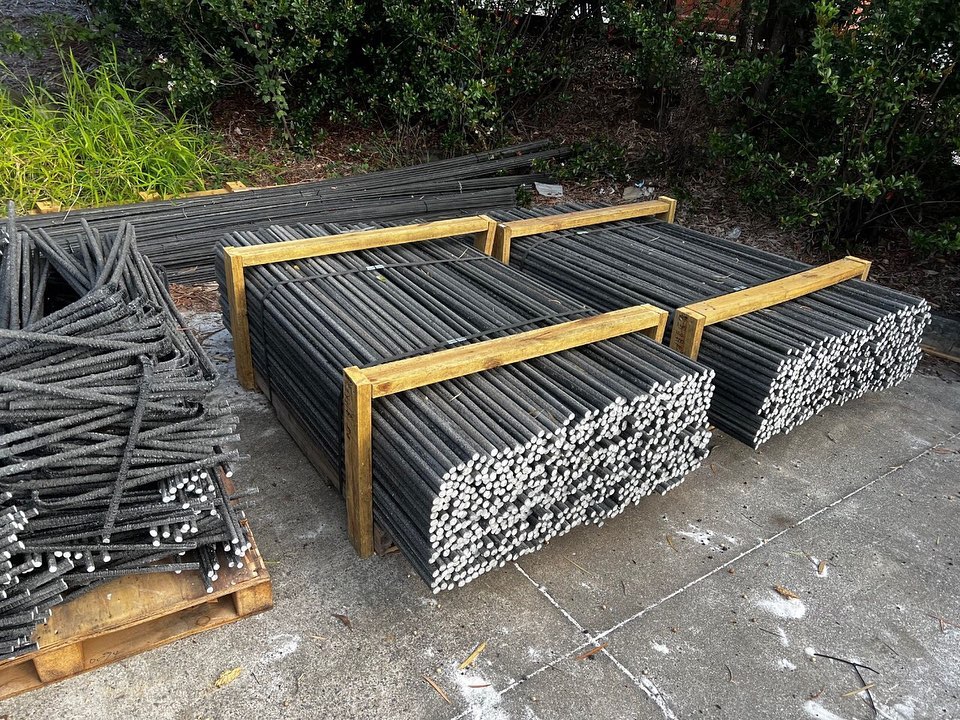
Is FRP rebar stronger than steel?
FRP rebar offers up to twice the tensile strength of steel while being four times lighter. It's not a direct substitute in terms of elastic behavior, but it is stronger in tension and ideal for long-term performance.
Where is FRP rebar used?
FRP rebar is commonly used in bridge decks, parking structures, foundations, marine walls, tunnels, and wastewater plants — anywhere steel is prone to corrosion.
Is FRP rebar approved by building codes?
Yes. Swiss Composites' FRP rebar complies with ACI 440 guidelines, ASTM standards, and is accepted in many international engineering codes.
